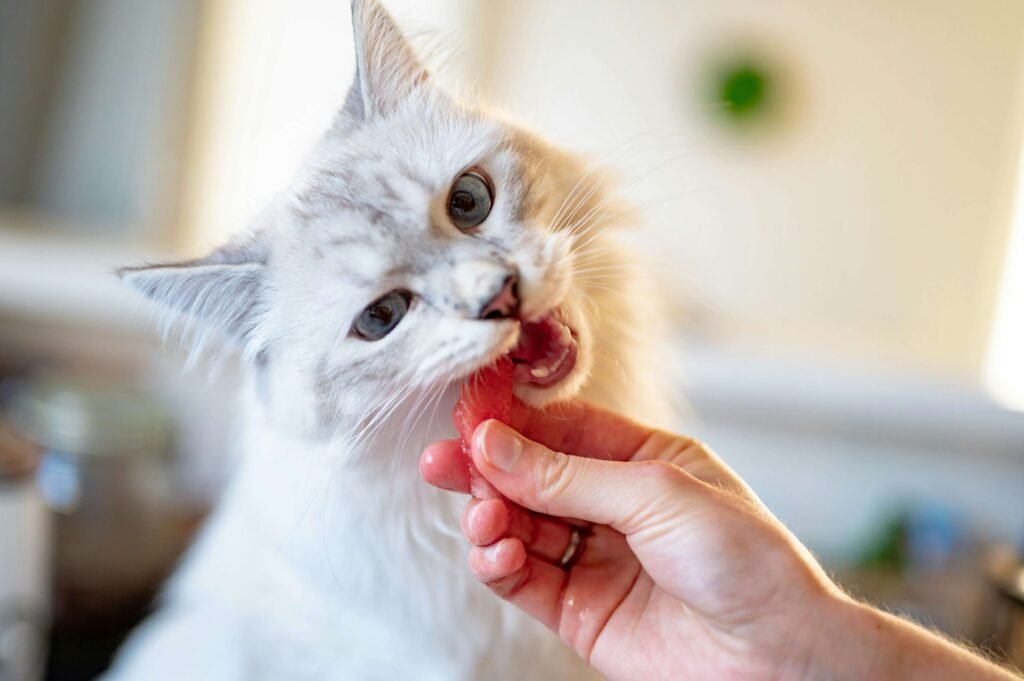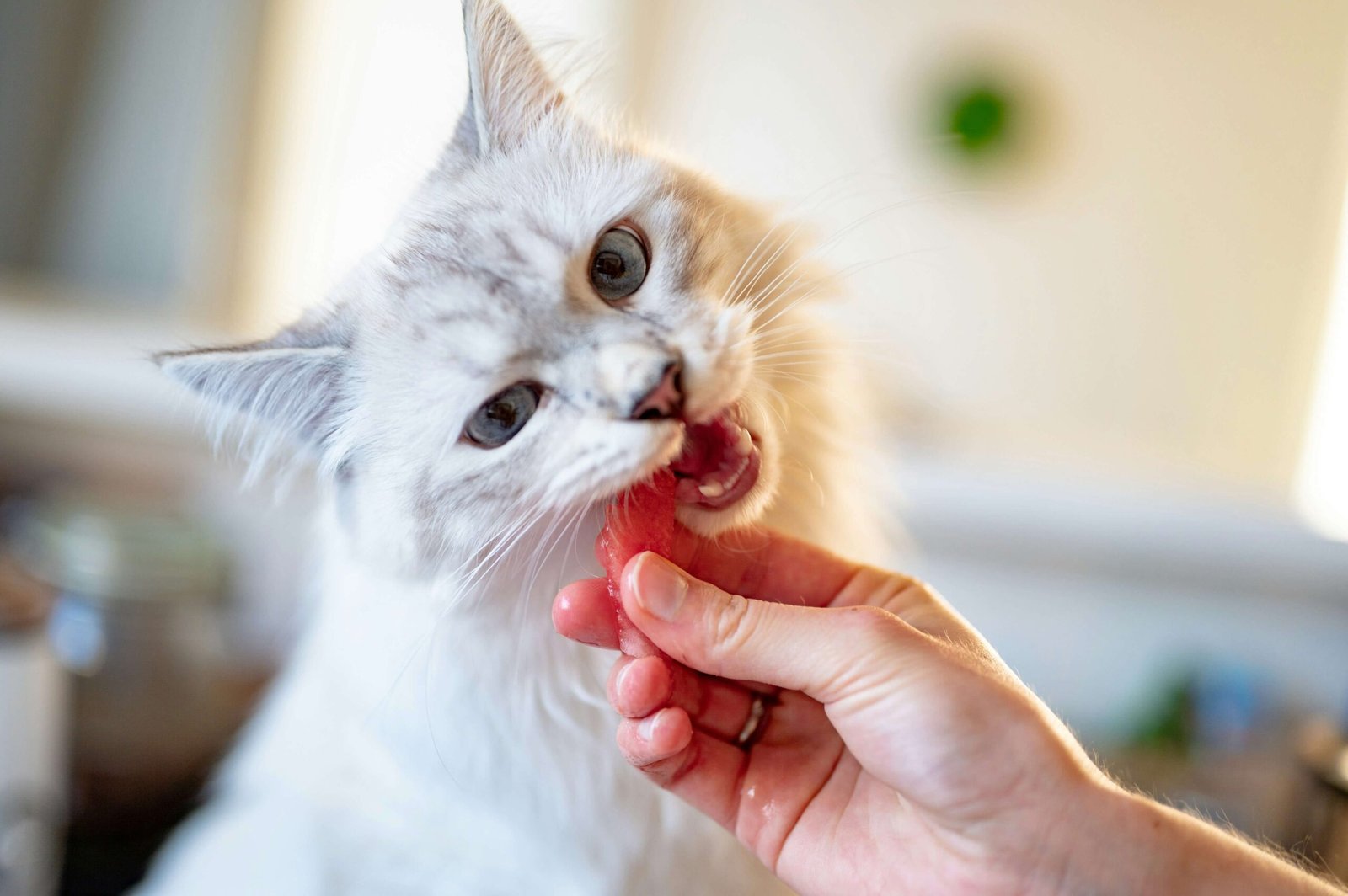How Often Do Cats Need Rabies Shots? A Comprehensive Guide for Cat Owners
Rabies is a serious and often fatal disease that affects both animals and humans. For cat owners, understanding the vaccination schedule for rabies is not only crucial for their pet’s health but also for the safety of their family and community. While many cat parents are aware that rabies shots are necessary, the frequency and regulations surrounding these vaccinations can be confusing. In this blog post, we’ll explore how often cats need rabies shots, the factors that influence the schedule, and why staying up-to-date with vaccinations is so important. Whether you’re a new cat owner or simply looking to refresh your knowledge, this guide will provide you with all the essential information you need.
Understanding Rabies Vaccination Basics
Before diving into the specifics of how often cats need rabies shots, it’s important to understand the basics of rabies vaccinations and why they matter. Here’s a breakdown of key points every cat owner should know:
Rabies is a viral disease that attacks the central nervous system.
It is almost always fatal once symptoms appear in animals or humans.
Vaccination is the most effective way to prevent rabies transmission.
Rabies vaccines are typically administered by a licensed veterinarian.
The initial rabies vaccine is usually given when a kitten is around 12-16 weeks old.
Understanding these fundamentals helps emphasize the importance of keeping your cat’s rabies vaccinations current. By doing so, you’re not only protecting your furry friend but also contributing to public health and safety.
Factors That Influence Rabies Vaccination Frequency
The frequency of rabies shots for cats isn’t a one-size-fits-all answer. Several factors can influence how often your cat needs to be vaccinated. Below is a list of key considerations:
Local laws and regulations often dictate rabies vaccination schedules.
Some areas require annual vaccinations, while others allow three-year intervals after the initial booster.
The type of rabies vaccine used can affect the schedule (e.g., one-year vs. three-year vaccines).
Indoor-only cats may have different requirements compared to outdoor cats, depending on local laws.
Your veterinarian’s recommendations play a critical role in determining the best schedule for your cat.
These factors highlight the importance of consulting with your vet and staying informed about local guidelines. Doing so ensures your cat remains protected while complying with legal requirements.
Check this guide 👉Understanding the FVRCP Cat Vaccine: Best 7 Health Tips!
Check this guide 👉Why Is My Cat Not Eating After Vaccination? Best 7 Tips!

Vaccination Type | Key Details |
|---|---|
One-Year Rabies Vaccine | Requires annual boosters to maintain immunity. |
Three-Year Rabies Vaccine | Provides longer-lasting protection after the booster. |
Initial Kitten Vaccine | Administered at 12-16 weeks of age. |
Booster Shot | Given one year after the initial vaccine. |
Legal Requirements | Vary by region; some mandate specific vaccine types. |
Benefits of Keeping Your Cat’s Rabies Vaccinations Up-to-Date
Staying on top of your cat’s rabies vaccination schedule offers numerous benefits beyond just compliance with the law. Here’s why it’s worth prioritizing:
Protects your cat from contracting rabies, a deadly and untreatable disease.
Reduces the risk of rabies transmission to humans and other animals.
Helps avoid potential fines or penalties for non-compliance with local laws.
Ensures your cat can travel or relocate without issues related to vaccination records.
Demonstrates responsible pet ownership and contributes to community health.
By keeping your cat’s rabies vaccinations current, you’re taking a proactive step toward safeguarding their health and well-being.
Common Misconceptions About Rabies Vaccinations for Cats
There are several myths and misconceptions surrounding rabies vaccinations that can cause confusion among cat owners. Let’s clear up some of the most common ones:
Indoor cats don’t need rabies shots because they never go outside.
Rabies vaccines are optional if your cat doesn’t interact with other animals.
One rabies shot is enough to protect your cat for life.
Rabies vaccinations are too expensive or unnecessary.
Cats can’t get rabies because it’s rare in domesticated animals.
Understanding these misconceptions is vital for making informed decisions about your cat’s health. Always rely on professional veterinary advice rather than assumptions.
Signs That Your Cat May Need a Rabies Booster
While staying on top of your cat’s vaccination schedule is the best way to ensure their protection, there are certain signs that might indicate it’s time for a rabies booster. Here are some things to watch for:
Sudden changes in behavior, such as increased aggression or unusual shyness.
Unexplained wounds or bite marks that could indicate exposure to wildlife.
Lethargy or loss of appetite, which may signal an underlying health issue.
If your cat has come into contact with stray animals or wildlife.
If you’ve recently moved to an area with different rabies laws or requirements.
If you notice any of these signs or situations, consult your veterinarian promptly. They can assess whether your cat needs a rabies booster to stay protected.
Tips for Reducing Stress During Vaccination Visits
Taking your cat to the vet for a rabies shot can sometimes be stressful for both you and your pet. However, there are ways to make the experience smoother and less intimidating. Consider these tips:
Use a comfortable carrier to transport your cat safely and securely.
Bring along familiar items, such as a blanket or toy, to provide comfort.
Schedule appointments during quieter times at the clinic to minimize waiting stress.
Reward your cat with treats or praise after the visit to create positive associations.
Stay calm and composed, as cats can sense their owner’s anxiety.
By preparing ahead of time and focusing on your cat’s comfort, you can help reduce stress and make vet visits a more positive experience.
How to Maintain Records of Your Cat’s Rabies Vaccinations
Keeping accurate records of your cat’s rabies vaccinations is essential for compliance with local laws and ensuring their ongoing protection. Here’s how you can stay organized:
Request a copy of the vaccination certificate from your veterinarian after each visit.
Store all vaccination records in a dedicated folder or digital file for easy access.
Set reminders on your phone or calendar for upcoming shots or boosters.
Keep a backup copy of important documents in case the originals are lost.
Share copies of vaccination records with pet sitters or boarding facilities when needed.
By maintaining thorough records, you’ll always have proof of your cat’s vaccinations, ensuring peace of mind for both you and your furry friend.
Frequently Asked Questions About Rabies Vaccinations for Cats
How often do cats need rabies shots?
The frequency depends on local laws and the type of vaccine used, but typically ranges from annually to every three years.
Is the rabies vaccine safe for cats?
Yes, when administered by a licensed veterinarian, rabies vaccines are safe and effective.
What happens if my cat misses a rabies shot?
Missing a shot can leave your cat unprotected and may result in legal consequences depending on local regulations.
Can indoor cats skip rabies vaccinations?
Even indoor cats may be required to receive rabies shots due to local laws and the potential for exposure.
Are there side effects of the rabies vaccine?
Mild side effects like soreness or lethargy are possible, but severe reactions are rare.
Final Thoughts: Prioritize Your Cat’s Health with Regular Rabies Vaccinations
In conclusion, ensuring your cat receives regular rabies vaccinations is a simple yet vital aspect of responsible pet ownership. Not only does it protect your feline companion from a deadly disease, but it also safeguards your family and community. By understanding the vaccination schedule, consulting with your veterinarian, and staying informed about local laws, you can provide the best care for your cat while fulfilling your obligations as a pet owner. Remember, prevention is always better than cure—especially when it comes to rabies. Stay proactive, stay informed, and give your cat the healthy, happy life they deserve.
Canned Pumpkin for Cat Diarrhea: Best 7 Expert Tips! Natural remedy to firm stools, soothe upset bellies, and support gut health safely.
Can a Cat Give You Scabies? Best 7 Expert Tips! Discover the truth about feline mites, human skin risks, and how to protect yourself—without panic.
Cat Flea vs Human Flea: Best 7 Expert Tips! Discover the truth about bites, species, and how to eliminate infestations for good.
Weird Cat Behaviors: Best 7 Expert Tips! Discover why cats do strange things—and how to understand, not punish, their instincts for a happier home.





